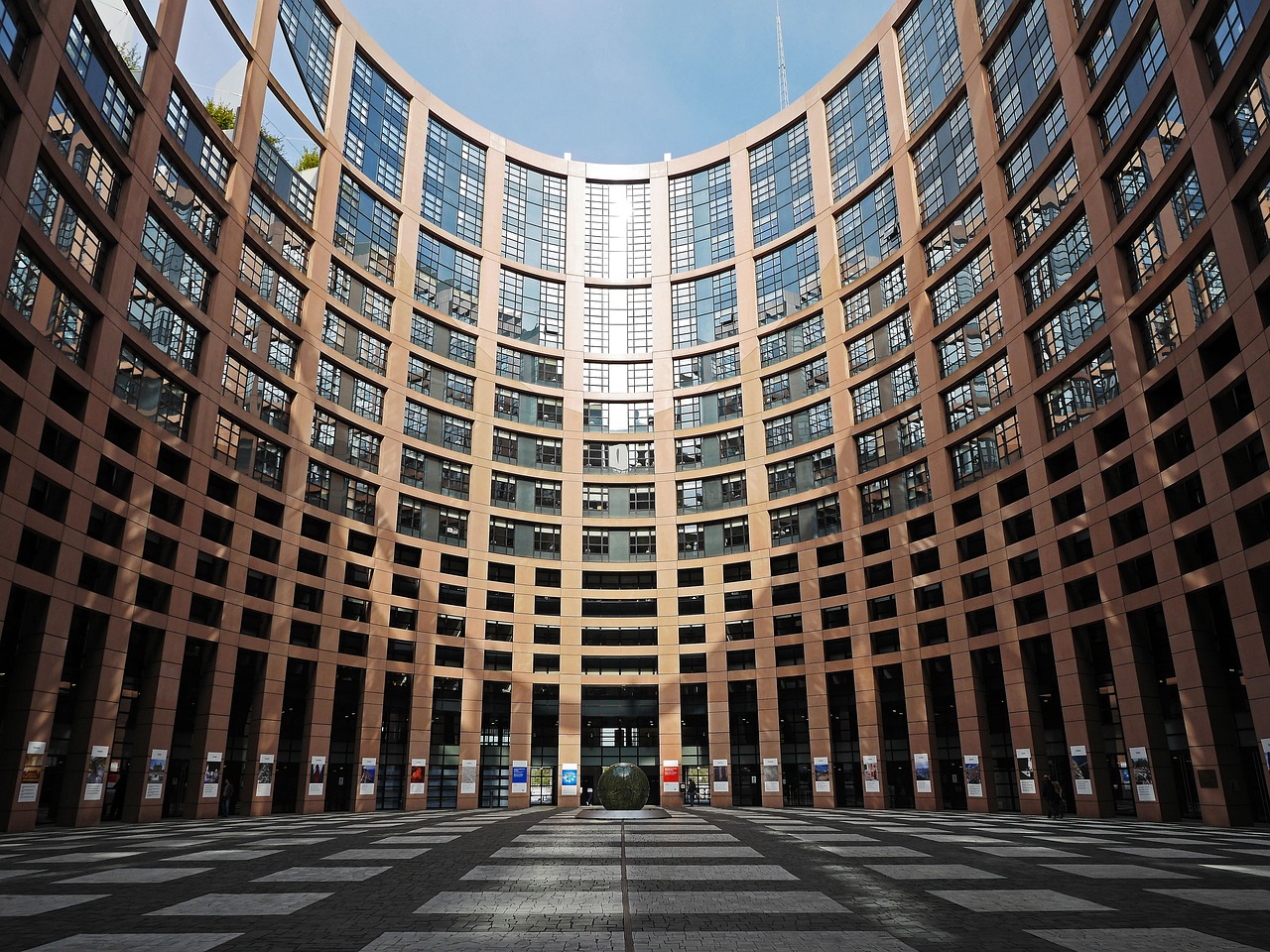
IMI、ISM 大学和 SIMI 认证培训


首页 " Your Mediation Training for Businesses and Individuals
Are you interested in mediation training for your team or in-house courses in negotiation, communication, or mediation? Visit our Consensus Solutions section, where we offer mediation training tailored specifically to your needs – for both businesses and individuals.


Consensus has already successfully conducted numerous in-house mediation training programs for various organizations and industries. These trainings covered a wide range of topics and varied in duration to meet the specific needs of the respective target groups. Clients include hospitals, public institutions, European entities such as the European Union Intellectual Property Office, companies from the food and service industries, mining companies, banks like the European Central Bank, as well as diplomats and embassy staff of a government.
在我们的培训中,成为调解员的经验
我们的学员有各种专业和文化背景。在成功完成培训后,你可以成为我们巨大的IMC学员网络的一部分,与来自不同工作领域的前学员会面,如联合国谈判员、非政府组织、世界卫生组织、最高法院法官、心理学家等。准备好迎接一个非常活跃和独特的网络,这个网络由分布在70多个国家的人组成。


























您需要从 识别码(reCAPTCHA) 提交表格。请注意,这样做会与第三方供应商共享数据。
更多信息